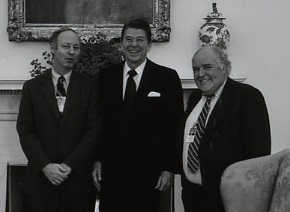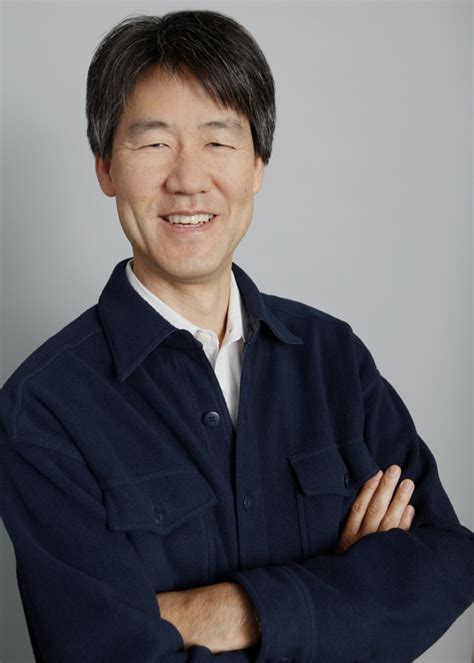A Quote by Douglas Hurd
It is normal for politicians in all countries to profess themselves the pupils of history, anxious to draw the right lessons from her teaching.
Related Quotes
According to Shakyamuni Buddha, it's normal for human beings to be anxious, because it's normal for human beings not to understand themselves. When you don't understand yourself, you're uncomfortable and scared. When you realize that you're anxious, Buddha's teaching is to practice being patient with it.
Here in the United States, when the term "fascist" gets used, it`s either talking about other countries, ancient history or it`s used as a sort of insult, right, a sort of generic right wing epithet that people use to criticize politicians who are at most on the edge of mainstream American political thought.
If, in schools, we keep teaching that history is divided into American history and Chinese history and Russian history and Australian history, we're teaching kids that they are divided into tribes. And we're failing to teach them that we also, as human beings, share problems that we need to work together with.
The reason for teaching history is not that it changes society, but that it changes pupils; it changes what they see in the world, and how they see it.... To say someone has learnt history is to say something very wide ranging about the way in which he or she is likely to make sense of the world. History offers a way of seeing almost any substantive issue in human affairs, subject to certain procedures and standards, whatever feelings one may have.
In the period after the Second World War, there were still leaders in Europe who represented weak countries, but possessed a sense of global foreign policy. Nowadays, on the other hand, there are politicians who represent pretty powerful countries, but whose citizens are not prepared to sacrifice themselves for the state.
Perhaps anxious politicians may prove that only seventeen white men and five negroes were concerned in the late enterprise; but their very anxiety to prove this might suggest to themselves that all is not told. Why do they still dodge the truth? They are so anxious because of a dim consciousness of the fact, which they do not distinctly face, that at least a million of the free inhabitants of the United States would have rejoiced if it had succeeded. They at most only criticise the tactics.
The history of the genocide perpetrated during the Second World War does not belong to the past only. It is a ‘living history’ that concerns us all, regardless of our background, culture, or religion. Other genocides have occurred after the Holocaust, on several continents. How can we draw better lessons from the past?
I have a true aversion to teaching. The perennial business of a professor of mathematics is only to teach the ABC of his science; most of the few pupils who go a step further, and usually to keep the metaphor, remain in the process of gathering information, become only Halbwisser [one who has superficial knowledge of the subject], for the rarer talents do not want to have themselves educated by lecture courses, but train themselves. And with this thankless work the professor loses his precious time.
































